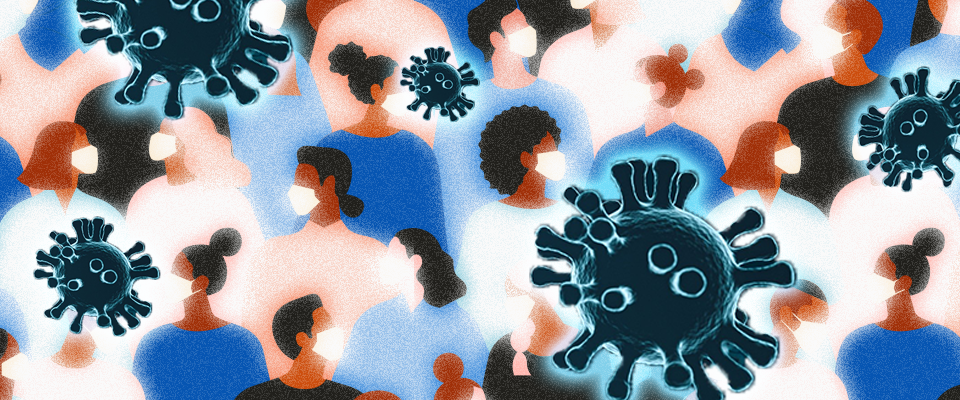Bats, they’re just like us! The hippocampus, a part of the brain involved in learning and memory, helps humans, bats, and other mammals navigate through a mental map of their surroundings. But experiments on social bats at Berkeley show that the hippocampus may encode data not just on spatial environments but social ones as well.
Researchers in UC Berkeley’s NeuroBat Lab, led by associate professor of bioengineering and neuroscience Michael Yartsev, monitored hippocampal brain activity of bats as they flew freely within a large room. Initially, postdoctoral fellow Angelo Forli thought that the bats would behave too randomly to glean any insights about their collective behavior. But he was surprised to find that the bats established specific resting spots within the flight room and showed strong preferences for landing close to specific bat friends. The paper, published in Nature, is one of the first to show identity representation in a non-primate brain, said Yartsev.
The experiment revealed that the hippocampus not only acts as a physical GPS, but a social one as well, suggesting navigation and social behavior are fundamentally connected in the brain. The finding offers insight into why damage to the hippocampus in Alzheimer’s patients causes loss of memory not only of places but of friends and loved ones as well.




















